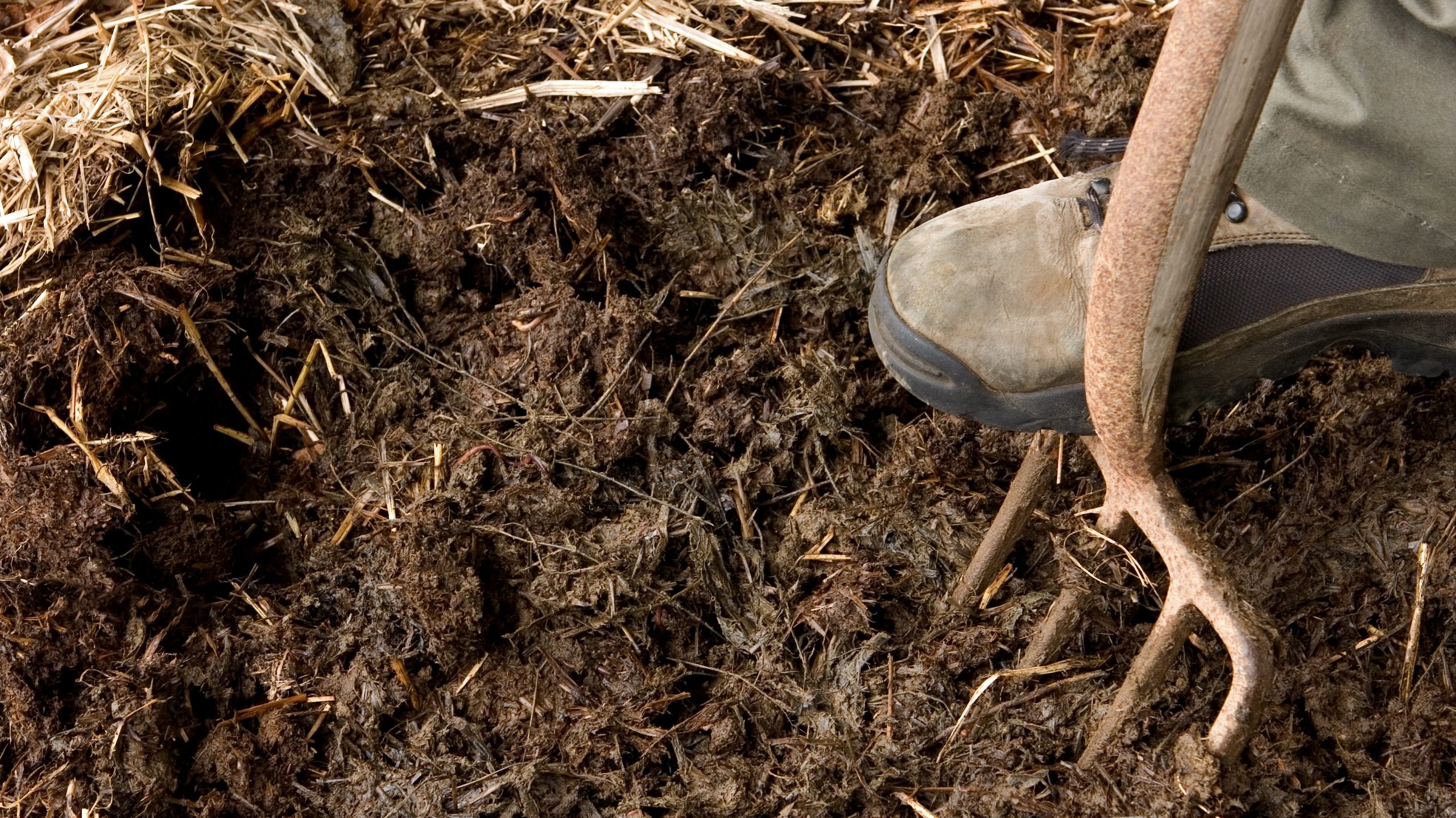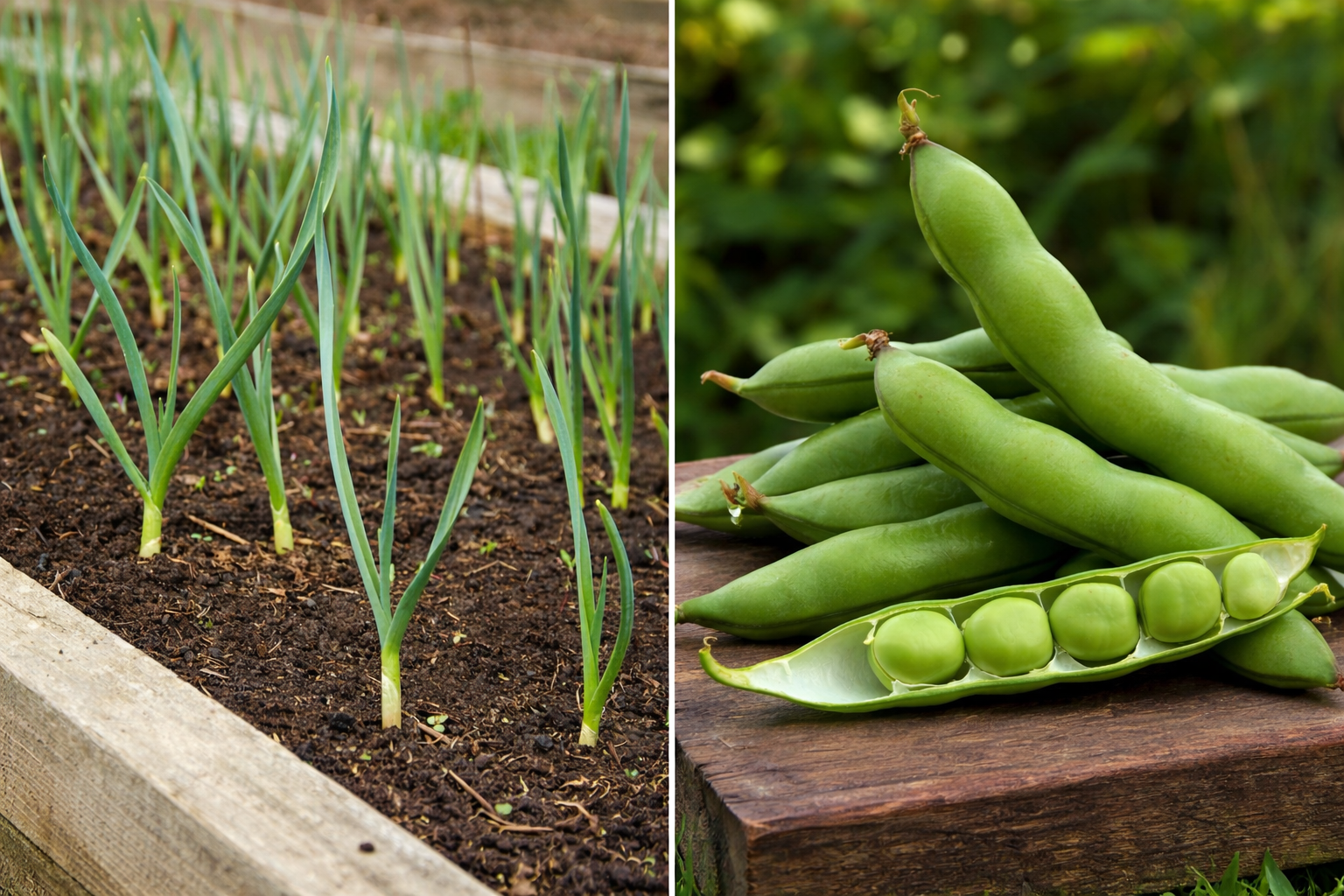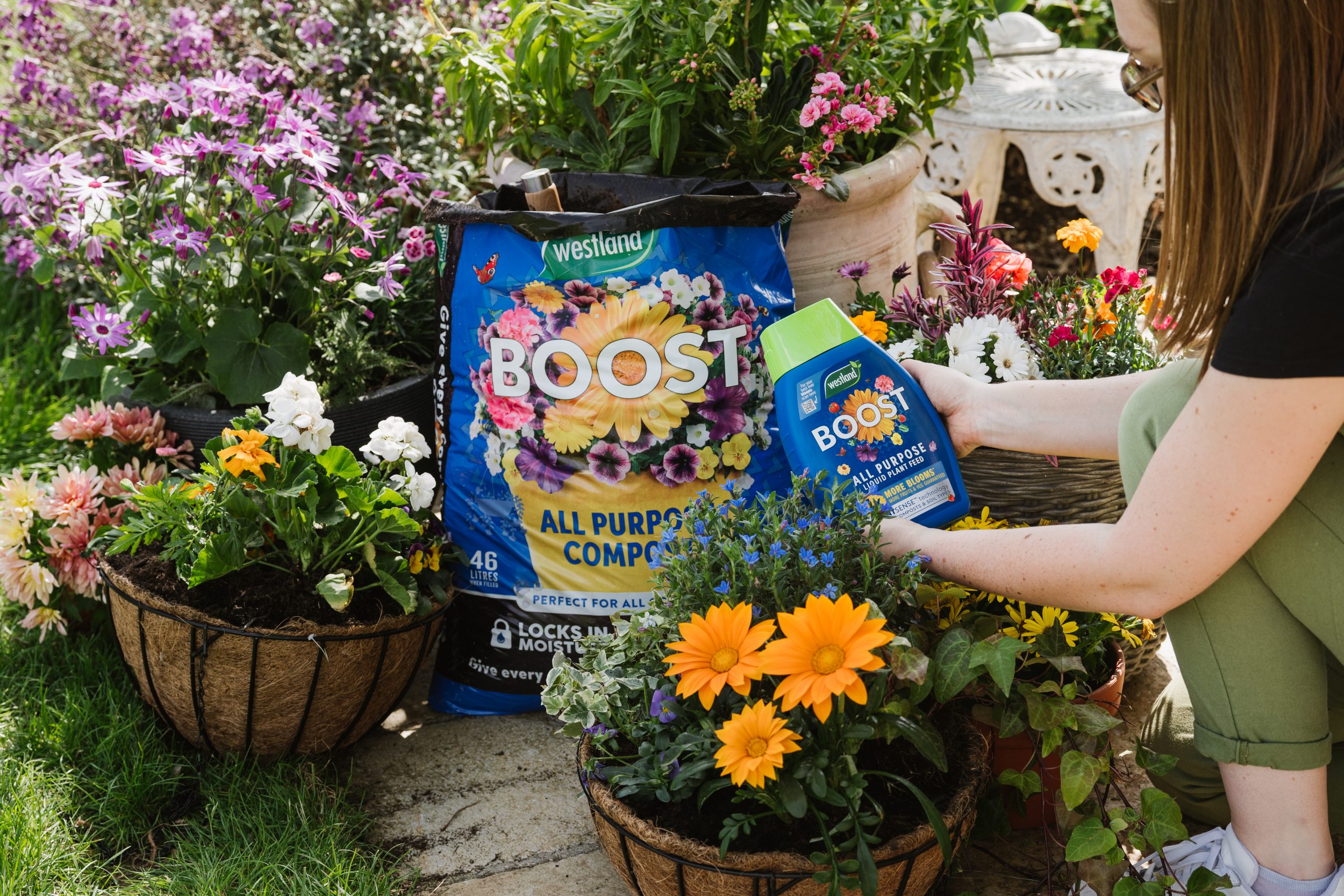Garden Compost: Varieties and their benefits
Garden compost is the cornerstone of sustainable gardening practices, offering many benefits to both plants and the environment. Composting involves the decomposition of organic matter to create a nutrient-rich material This improves soil structure, fertility, and microbial activity.
Types of compost
- Traditional Compost
Traditional composting has a balanced mix of green and brown materials, these can include kitchen scraps and shredded paper. Micro-organisms such as bacteria and fungi help these materials decompose. This process requires regular turning and moisture management help accelerate the process. After two months a dark, crumbly compost is produced. Traditional compost is versatile and suitable for garden soil, potting mixes, and mulching. - Vermicompost
Vermicomposting is the result of the digestive power of earthworms, breaking down organic matter into a nutrient-dense material. Red wigglers are commonly used for their voracious appetite and ability to thrive in confined spaces. Vermicompost is prized for its high concentrations of plant-available nutrients, beneficial microbes, and plant growth hormones. It is an excellent soil conditioner and can be applied as a top dressing. - Leaf Mold
Leaf mold is the result of slow decomposition of fallen leaves by fungi and other micro-organisms. Unlike traditional compost, leaf mold doesn’t require you to turn it over. Leaf mold can take up to two years to fully mature. When it does, it has a crumbly texture and a because of it rich organic content, it has a distinct earthy aroma. Leaf mold is an excellent soil conditioner. It improves moisture retention and structure and is particularly beneficial for woodland gardens and areas with acidic soil and acid loving plants such as azaleas and rhododendrons. - Green Manure
Green manure involves growing cover crops such as clover or vetch. After wilting. these are dug into the soil to improve fertility and structure. These crops capture atmospheric nitrogen and other nutrients, which are released upon decomposition. Green manure adds organic matter to the soil, enhances microbial activity, and suppresses weeds. It is commonly used in vegetable gardens during fallow periods or as a precursor to planting. - Composted Manure
Composted manure, derived from animal waste such as cow, horse, or poultry, is a potent organic fertiliser and soil amendment. The composting process reduces pathogens and weed seeds while enhancing nutrient availability and stability. Composted manure provides a balanced blend of nitrogen, phosphorus, and potassium, essential for healthy plant growth. It is particularly beneficial for heavy feeders such as vegetables, fruits, and ornamentals. Fresh manure can be obtained from local farms who will either give away their manure or sell it a reasonable price. - Coffee Grounds Compost
Coffee grounds are a valuable source of nitrogen, phosphorus, and other trace minerals, making them an ideal addition to compost piles. They are readily available from coffee shops and can be composted alongside other organic materials. Coffee grounds help accelerate decomposition, improve soil structure, and increase microbial activity. However, they should be used in moderation to prevent acidity buildup in the soil. Read more about Coffee Compost



